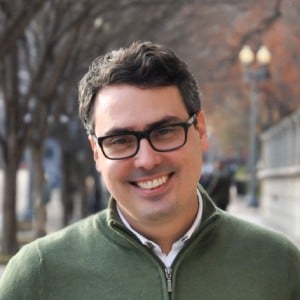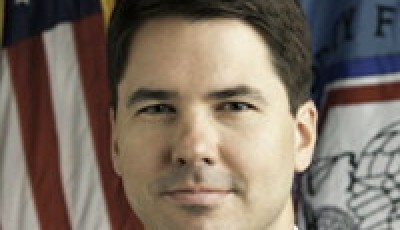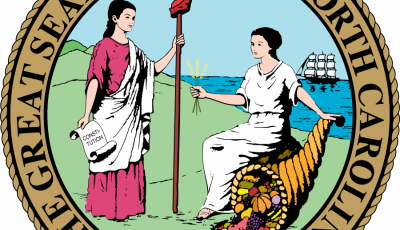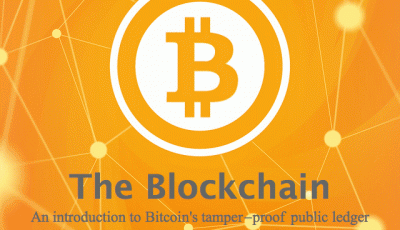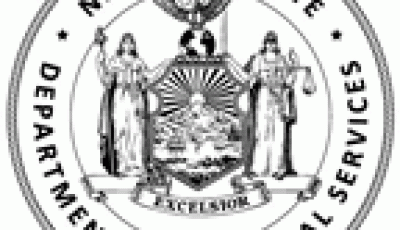Coin Center launches website
 Coin Center, a non-profit research and advocacy organization focused on public policy issues relating to digital currency technologies, announced last week the launch of its new website, CoinCenter.org.
Coin Center, a non-profit research and advocacy organization focused on public policy issues relating to digital currency technologies, announced last week the launch of its new website, CoinCenter.org.
The site serves as a resource for education on cryptocurrencies and a repository of policy research from respected academics and experts.
Based in Washington, DC, the center aims to foster a better understanding of block chain technologies and to promote a regulatory environment that preserves maximum freedom of action for cryptocurrency innovation. The center will educate policymakers and the media as a trusted, credible source for information regarding the regulatory implications of cryptocurrencies.
“The implications of digital currency regulation are complex, unprecedented, and far reaching,” said Coin Center Executive Director Jerry Brito in a press release sent to CoinReport. “Sound public policy in this space requires policymakers and the media to be informed by sound research.”
In addition to launching its new website, Coin Center also announced the members of its advisory board as well as research fellows. Members of the advisory board include Marc Andreessen (Andreessen Horowitz), Fred Wilson (Union Square Ventures), John Villasenor (UCLA/Brookings Institution), Nicholas Christin (Carnegie Mellon), and Jason Thomas (Thomson Reuters Special Services). The center’s research fellows are Houman Shadab (New York Law School), Aaron Wright (Benjamin H. Cardozo School of Law), and Elizabeth Stark (Stanford StartX).
Brito is the subject of a New York magazine article titled “Introducing the Bitcoin Lobby,” which was published Monday. According to the article, Brito launched the center, which is backed with a million dollars in industry cash, in September to fill the knowledge gap regarding Bitcoin among policymakers.
“Folks in Washington have heard about Bitcoin, and they understand it’s something they have to start paying attention to,” said Brito to the magazine. But politicians have the general public’s understanding of the digital currency, which Brito said meant that “they don’t know a lot about it.”
The Coin Center serves as an advocate, but not on behalf of any particular company or industry, Brito said. “We think simply that this technology offers a lot of benefits to consumers and to the wider economy and the world generally.”
Brito said the challenge is to make sure that Washington does not stomp or set limits on cryptocurrency technology, which remains embryonic like the Internet in the early 1990s.
“It’s the only thing that people miss about Bitcoin and the block chain,” said Brito to New York. “It’s what they missed about the web, too: They’re open platforms for innovation. Back in 1995, when people were talking about the web, we couldn’t imagine a Facebook. We couldn’t imagine a Twitter.” Currently, people tend to consider Bitcoin a payments network and alternative currency, Brito said, but that’s “just one application.”
Images via CoinCenter.org (Creative Commons Attribution-ShareAlike 3.0 United States License)

